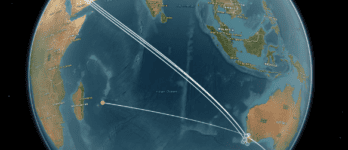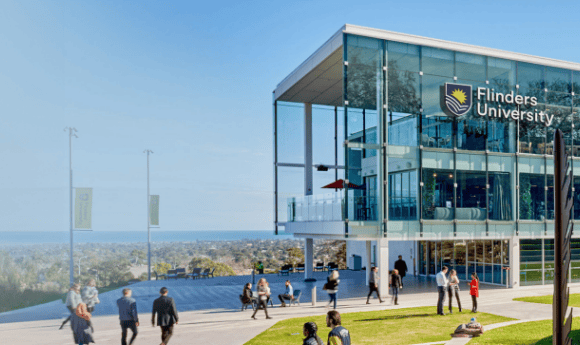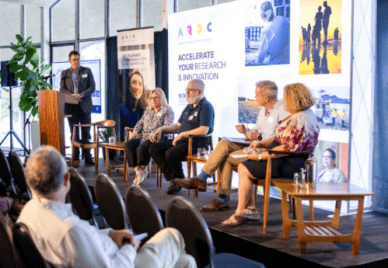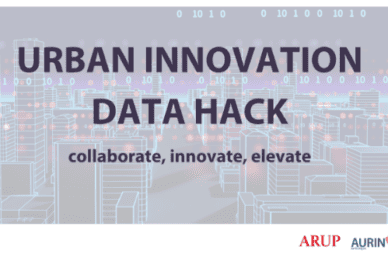
About the Event
The Australian Historical Association (AHA) Annual Conference hosted by Flinders University will be held on 1 – 4 July 2024. The ARDC, in collaboration with the AHA, is making up to four conference bursaries available for Higher Degree Research students and Early Career Researchers to participate in the conference’s Digital History stream.
Abstracts due: extended to 4 March 2024 – see more details on the conference website.
Bursary applications close: 31 March 2024 – For further details, see the bursary section of the Conference website.
About the Digital History Stream
The ARDC is pleased to sponsor this stream through the HASS and Indigenous Research Data Commons, which is developing digital infrastructure for historical research.
The AHA conference’s focus on home truths invites questions about the relationship between ‘truth’ and the growing range of digital tools and methods we use to explore historical data. How do we draw understanding from massive online collections? How do we communicate uncertainty and context through data visualisation? How do we document and share the methodologies we use for recording and analysing data?
This stream will explore the possibilies and pitfalls of digital history. We welcome a broad range of proposals that examine the use of computational methods in the organisation, analysis, and visualisation of historical data. In this developing field, it is important to share approaches and insights, and proposals might touch on a wide variety of topics, including:
- digital mapping
- database design and development
- use of GLAM collecons as data
- digital tools for historical analysis and visualisation
- sources of historical data
- transcription of historical documents using digital tools and platforms
- linking and annotating datasets
- development of digital skills in history research and teaching
- publication and preservation of digital research outputs.
Date
Type
Location
Run by
Related Program
Related Projects
Related News & Events
Related Case Studies






